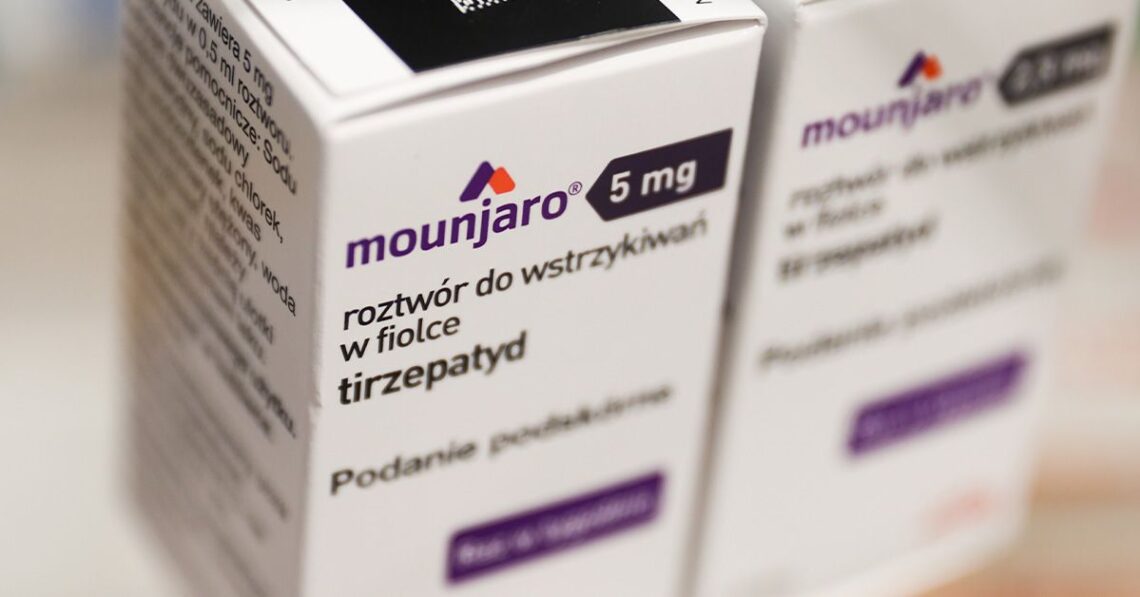- Tirzepatide, a once-weekly GIP/GLP-1 receptor agonist, is a medicine used for weight reduction in adults with obesity.
- A new analysis of the SURMOUNT clinical trials reveals that the medicine, administered as a once-weekly injection, leads to significant weight reduction.
- Across all doses and trials, women lost up to 24.6% of their body weight compared to 18.1% in men, indicating a potential sex-based difference with regard to drug response.
Obesity is the most common chronic health condition globally, affecting around 650 million adults.
Recent studies have shown that drugs targeting specific hormones involved in energy balance, such as GLP-1, can help people lose weight effectively and safely.
Another hormone, GIP, also plays a role in controlling weight, and a combination treatment that targets both GIP and GLP-1 receptors may be even more effective.
Tirzepatide is a new medication that works on both GIP and GLP-1 receptors and is already approved for treating type 2 diabetes.
Early research showed that it helped mice lose more weight compared to treatments that only target GLP-1. In studies with people who have type 2 diabetes, it also showed promising results for weight loss.
For example, the SURMOUNT-1 (SM-1) trial looked at how well tirzepatide works for weight loss in people with obesity or overweight who do not have diabetes.
To further explore potential differences in how men and women respond to the treatment, researchers conducted a post-hoc analysis of the SURMOUNT (SM) program, which included four clinical trials (SM-1 to SM-4).
Their analysis shows that a weekly injection of tirzepatide results in substantial weight loss for both men and women, with women experiencing greater reductions in weight.
Their findings, presented at the Annual Meeting of the European Association for the Study of Diabetes (EASD) in Madrid (September 9-13), compared tirzepatide to a placebo over 72 to 88 weeks in 4,677 adults (2,999 women and 1,678 men) with obesity.
“This was a…
Read the full article here

